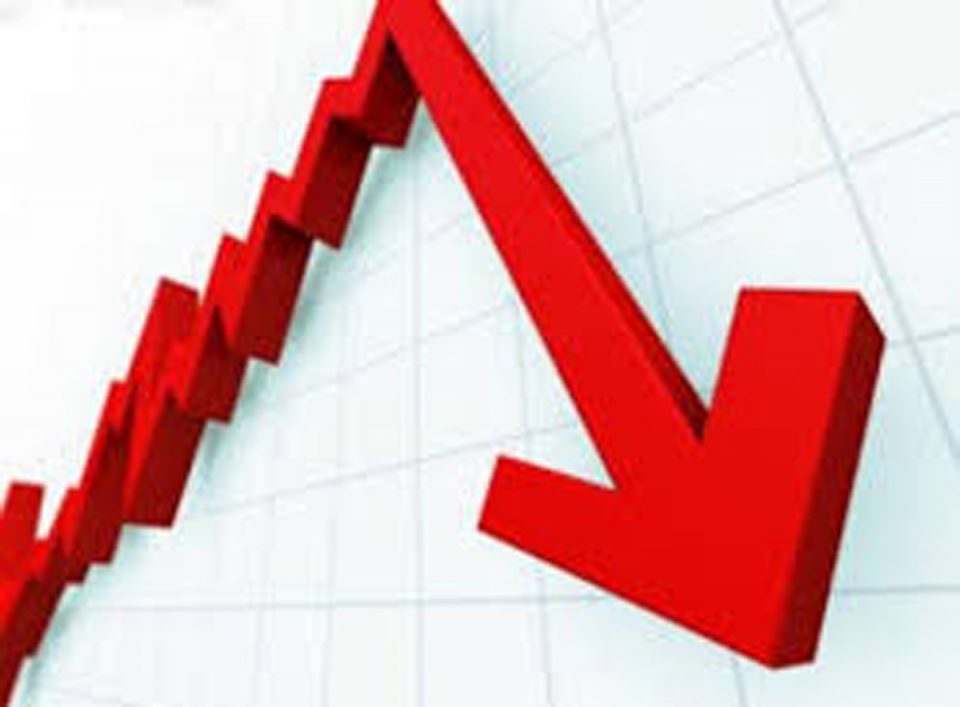The February Purchasing Managers’ Index (PMI) signalled modest expansion in the private sector.
Companies continued to expand their purchasing and resumed hiring efforts. Signs of spare capacity were evident, with a fresh record reduction in backlogs registered.
Meanwhile, unfavourable exchange rate movements, higher material costs and a rise in wages added to strong inflationary pressures with overall input prices increasing at a record pace.
The headline figure derived from the survey is the Purchasing Managers’ Index™ (PMI), a property of Stanbic IBTC Bank Plc. Readings above 50.0 signal an improvement in business conditions on the previous month, while readings below 50 show a deterioration.
The headline PMI registered at 52 last month, up from 50.7 in January, is indicative of a stronger improvement in business.
New order inflows rose sharply, with the pace of growth acceleration. The improving demand environment supported growth in output which was solid and extended the period of expansion to three months.
Despite the continuation of coronavirus disease (COVID-19) restrictions in foreign markets, exports rose during the month, with foreign demand for our goods and services showing signs of improvement.
To support higher output volumes, companies added to their purchasing activity for the eighth month in succession. Consequently, firms raised their inventory holdings in anticipation of greater output in the months ahead. Vendor performance also improved, though the degree at which lead times shortened eased to the softest in nine months.
Elsewhere, further signs of spare capacity were signalled, with backlogs falling at the most marked rate in the series. Nonetheless, firms added to their workforces, with employment rising marginally.
The rate of input price inflation quickened to the strongest in the series, largely reflecting higher purchase costs.
According to panelists, higher material costs and unfavourable exchange rate movements contributed to a sharp uptick. However, the stronger demand environment allowed firms to pass on higher prices, with charges rising substantially.



